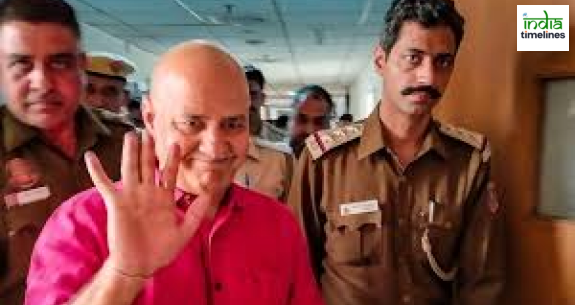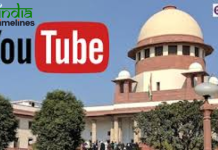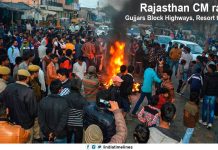
In a significant development, the Supreme Court of India granted bail to Manish Sisodia, the former Deputy Chief Minister of Delhi, highlighting the fundamental right to a speedy trial. The ruling comes as a relief to Sisodia, who has been embroiled in legal battles that have raised questions about the justice system’s efficiency and the protection of individual rights.
The Case Against Manish Sisodia
Manish Sisodia, a senior leader of the Aam Aadmi Party (AAP) and a key figure in Delhi’s government, was arrested on charges related to alleged corruption and financial irregularities during his tenure. The charges stemmed from a high-profile investigation that led to his arrest and prolonged detention. Sisodia’s arrest not only sparked political controversies but also led to debates on the principles of justice and fair trial in India.
Supreme Court’s Intervention
The Supreme Court’s decision to grant bail to Manish Sisodia was grounded in the principle that every individual has the right to a fair and speedy trial. In its ruling, the court emphasized that prolonged detention without trial amounts to a violation of this fundamental right, as enshrined in Article 21 of the Indian Constitution.
The bench, led by Chief Justice of India, observed that the prolonged delay in the trial process was unwarranted and infringed upon Sisodia’s rights. The court noted that the prosecution had not presented sufficient evidence to justify the continued detention of Sisodia, and that the trial’s slow pace was detrimental to justice.
Right to Speedy Trial: A Fundamental Right
The Supreme Court’s ruling reaffirms the importance of the right to a speedy trial, which is a cornerstone of the Indian legal system. This right ensures that individuals are not subjected to unnecessary delays in the administration of justice, and that they receive a fair and timely hearing. Delays in the judicial process not only affect the accused but also undermine public confidence in the legal system.
The concept of a speedy trial is rooted in the idea that justice delayed is justice denied. Prolonged pre-trial detention can lead to significant hardships for the accused, including loss of livelihood, social stigma, and mental distress. Moreover, it can compromise the integrity of the legal process, as witnesses may become unavailable or evidence may deteriorate over time.
Political and Social Implications
Manish Sisodia’s bail has far-reaching political and social implications. As a prominent leader of the AAP, his arrest and subsequent detention had put the party on the defensive. The court’s decision to grant bail is likely to be seen as a vindication of Sisodia’s stance and could strengthen the party’s position in the political landscape.
The ruling also sends a strong message to law enforcement agencies and the judiciary about the need to uphold constitutional rights and prevent the misuse of legal processes for political or other extraneous reasons. It underscores the importance of ensuring that the justice system remains impartial, transparent, and focused on delivering justice in a timely manner.
Conclusion
The Supreme Court’s decision to grant bail to Manish Sisodia is a landmark ruling that reinforces the right to a speedy trial as a fundamental aspect of justice in India. It highlights the need for a fair and efficient judicial process that respects the rights of individuals and ensures that justice is served without unnecessary delays. As the legal proceedings continue, this case will undoubtedly be closely watched, not just for its political implications but also for its impact on the broader principles of justice and human rights in India.



































